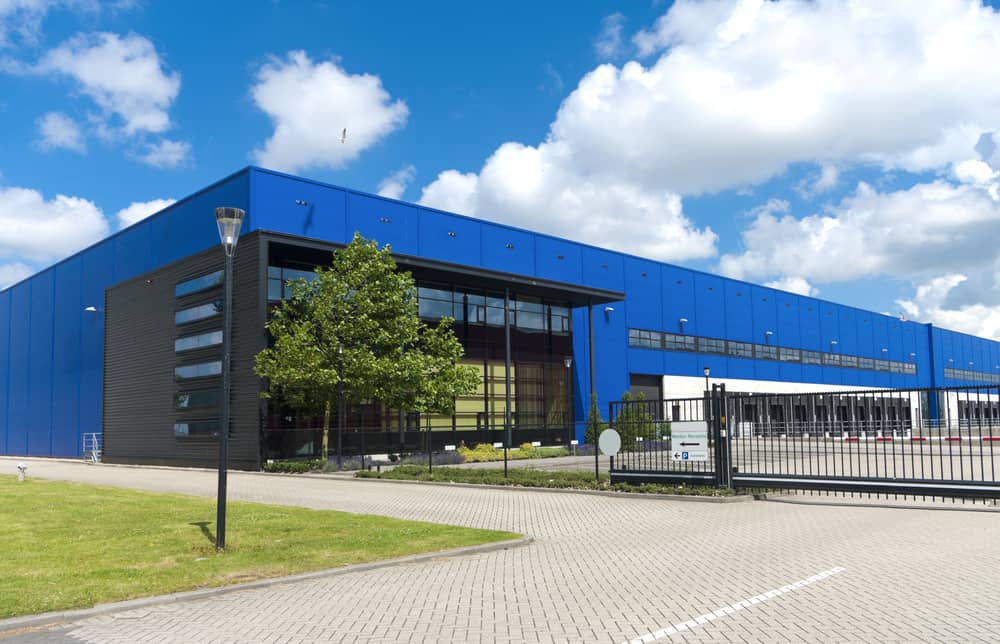What are the legal requirements for a warehouse? What should you have in your facility to stay compliant with local and federal laws? We often see that industrial warehouses are not compliant with safety and health regulations. This is a problem because the warehouse will have to pay more for insurance, which can become expensive over time. Whether industrial workers work with batteries or drive a forklift, there are several ways to protect your warehouse legally.
-
Workers Compensation Insurance
If an employee is injured, workers comp covers medical expenses and provides compensation to the affected party. Having this insurance protects your business in case of an accident or injury. Contacting a local agent for more information is recommended. This will help protect both your company and employees in different areas of your industrial warehouse. It can also help prevent any legal troubles because of negligence in one place or another. In addition, an experienced insurance agent can provide more insight into how much coverage you might need for your particular operation.
-
Errors & Omissions
Insurance E&O covers accidents that negligent parties cause within your organization, including your warehouse. In addition, it can cover damages, medical expenses, and other losses for the other party involved. If you are not sure if your business needs E&O coverage, contact an insurance professional to help determine whether or not it is required.
-
Commercial Auto Coverage
Commercial auto insurance provides coverage for ride-sharing services like Uber, Lyft, or any other transportation commitment that requires employees to use their vehicle as a business expense if one of these workers is hurt in an accident while on the clock, commercial auto will provide compensation for medical costs and other labor costs associated with the accident.
-
General Liability Insurance
General Liability protects your business against financial loss due to accidents caused by negligence. For example, this type of insurance could protect your warehouse if it is sued because of damages, injuries, or other events that occur on-site. However, this type of insurance can be pretty expensive, so make sure you get an accurate quote before trying to save money by foregoing general liability insurance.
-
Commercial Property Insurance
This covers your business’s property, including the factory equipment and inventory in your commercial warehouse. It ensures that your company will not lose any money if fire damage or another disaster caused by accidents.
-
Workers Compensation Coverage for Independent Contractors
While workers’ compensation coverage should be mandatory for anyone who works at your industrial warehouse, this tends to be especially true for independent contractors. If one of these individuals is hurt while they are working for you, they could face legal consequences in the form of fines, legal fees, and even jail time. This is why it is essential to have workers comp for independent contractors.
In conclusion, it is essential to have all the necessary legal documents in place. If you are looking to start a warehouse of your own, these insurance policies are essential. Contacting an insurance professional for guidance is highly recommended before making any decisions. This way, you can get the coverage you need while still being able to stay on budget.



